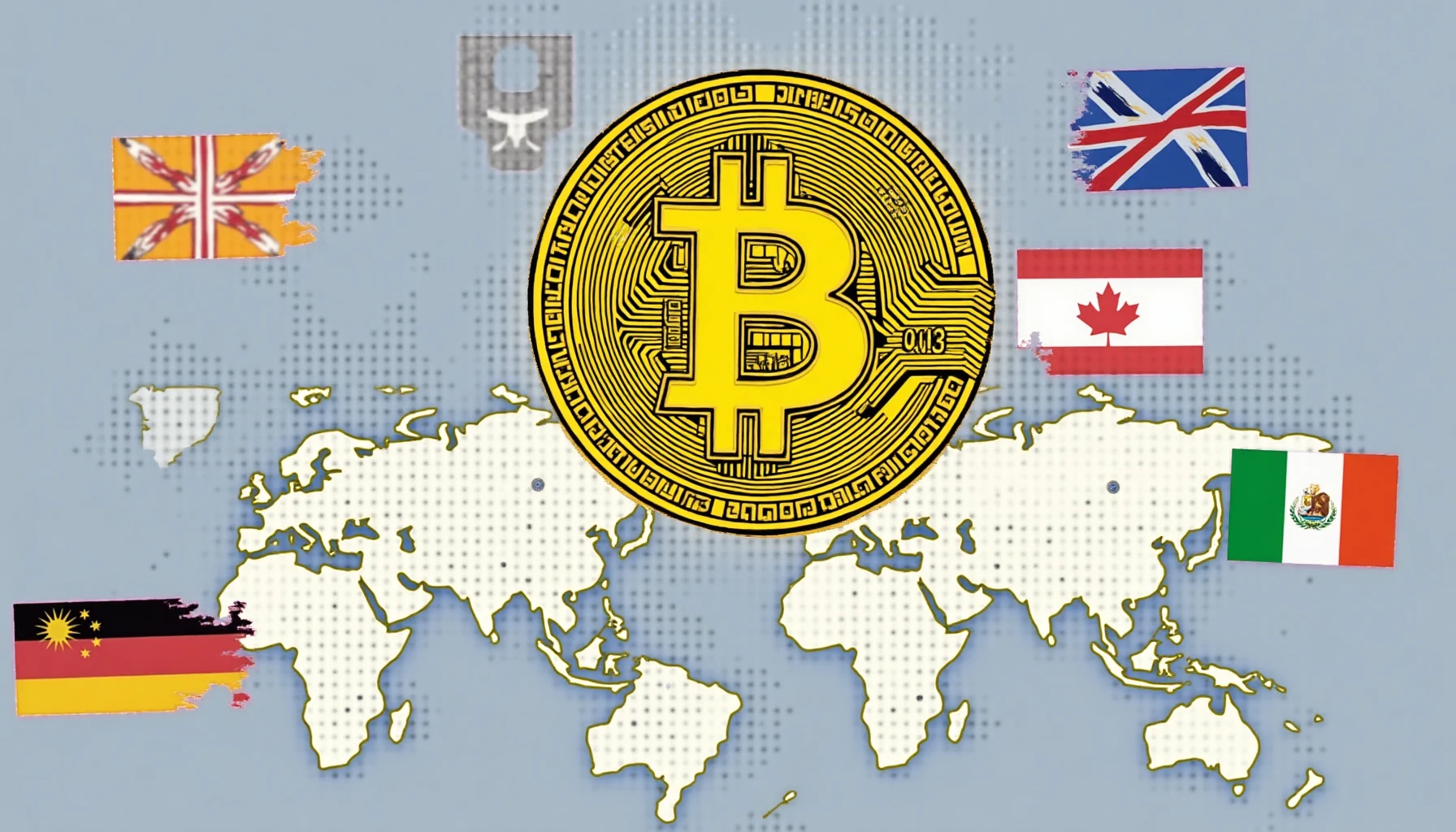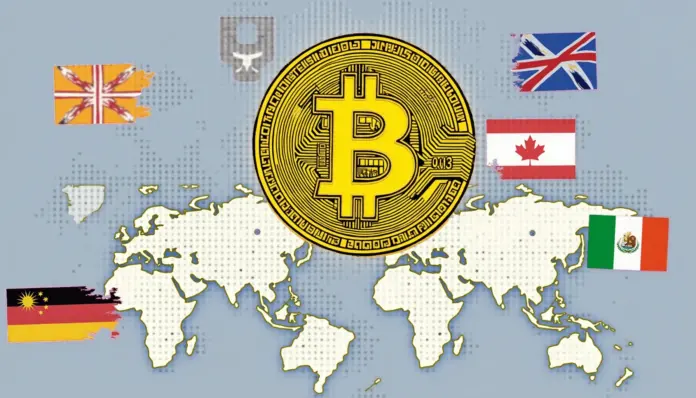Introduction: Understanding the Need for Global Compliance
As of 2023, over 5.6 billion people are potential Bitcoin users worldwide, and navigating the regulatory landscape is crucial for both investors and businesses alike. Have you ever wondered how different countries govern Bitcoin? Understanding Bitcoin regulation can save you from legal pitfalls when trading or investing. This guide breaks down the regulations by country, giving you the insights needed to maintain compliance.
H2: Key Countries and Their Bitcoin Regulations
1. United States: A Complex Patchwork
In the U.S., Bitcoin regulations vary significantly from state to state. For example, New York has the BitLicense, a formal framework that requires companies dealing with cryptocurrencies to meet extensive regulatory standards. On the other hand, states like Wyoming have been proactive in creating more favorable laws to attract crypto businesses. It’s crucial to check the
specific regulations based on your operation’s location.
2. European Union: Towards a Unified Approach
The EU is working towards creating a cohesive framework for Bitcoin regulation. The proposed Markets in Crypto-Assets (MiCA) regulation aims to create uniform laws across member states, ensuring that crypto-assets operate under a regulatory scheme that promotes innovation while protecting consumers. Countries like Germany have already set the standard with a robust regulatory environment that integrates cryptocurrencies into their existing financial laws.

3. Singapore: A Model for Compliance
Singapore has emerged as a leader in cryptocurrency regulation, with frameworks that allow businesses to thrive. The Payment Services Act provides a clear licensing process for crypto firms while ensuring consumer protection and anti-money laundering (AML) measures are followed. This model can serve as an example for other regions aiming to position themselves favorably in the market.
4. China: A Strict Ban but Growing Investments
China has taken a hard stance against cryptocurrency trading, effectively banning it. However, the country is also investing heavily in blockchain technology and Central Bank Digital Currencies (CBDCs). This dichotomy creates a unique environment for Bitcoin, raising questions about how to operate safely within a jurisdiction that prohibits trading.
H2: Common Misconceptions about Bitcoin Regulations
1. Regulations Stifle Innovation
One prevalent myth is that regulation stifles innovation. However, responsible regulations can actually foster growth and build trust among users and investors, encouraging wider adoption.
2. All Countries Are the Same
Many assume that Bitcoin regulations are uniform. In reality, regulatory frameworks can differ dramatically based on local laws and cultural attitudes towards cryptocurrency, making it essential to research specific regulations applicable to your location.
Conclusion: Stay Informed and Compliant
As the global landscape for Bitcoin regulation continues to evolve, staying informed is crucial. Understanding local laws and international standards will not only protect you but also enhance your investment strategies. For tailored compliance solutions, download our comprehensive guide to cryptocurrency regulations today!




